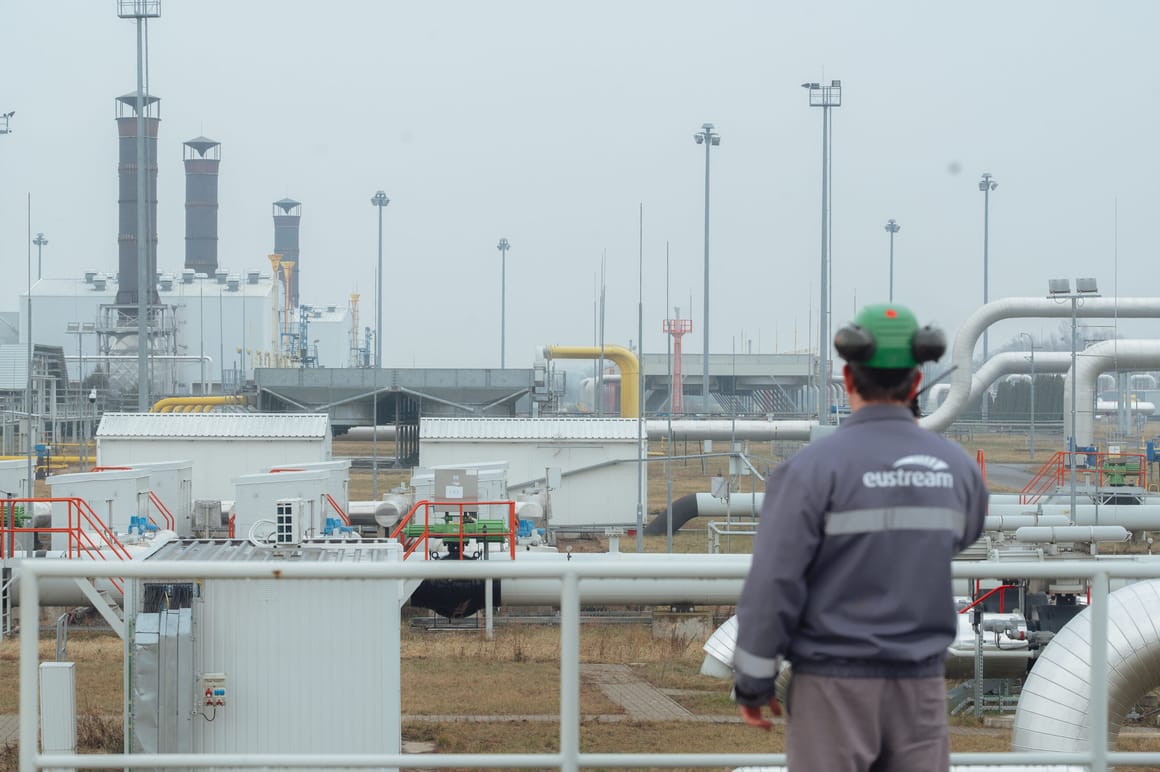Business
Slovakia Ends Veto, Clearing Path for New Russia Sanctions

BRUSSELS — Slovakia has lifted its veto on a new package of sanctions against Russia, ending a weeks-long impasse. This decision, confirmed by the Danish presidency of the Council of the EU, allows for the implementation of the 19th sanctions package since Russia’s full-scale invasion of Ukraine over three years ago.
The sanctions aim to weaken the Kremlin’s financial resources by imposing restrictions on energy traders and financial institutions, many of which are located in third countries. Companies that support the Russian war effort will be specifically targeted, alongside 117 new tankers identified as part of a shadow fleet transporting Russian fossil fuels in violation of the oil price cap.
Earlier this week, energy ministers from the 27 EU member countries reached a qualified majority agreement to phase out Russian gas, despite opposition from Slovakia and Hungary. Slovakia had previously insisted that it would block the sanctions unless it received assurances on managing high energy costs and support for its heavy industries, particularly the automotive sector. Austria and Hungary had also raised concerns but later withdrew their vetoes. With Slovakia’s recent decision, it became the final country to remove its opposition to the new sanctions.
EU Leaders to Discuss Continued Support for Ukraine
A Slovak diplomat confirmed that all of Slovakia’s demands were included in the statement to be discussed at the next summit of EU leaders in Brussels on March 15, 2024. This summit is expected to reinforce the EU’s commitment to supporting Ukraine, especially in light of pressure from U.S. President Donald Trump on Kyiv to consider territorial concessions to Russia. Ukrainian President Volodymyr Zelenskyy is anticipated to participate in parts of the meeting.
During the summit, leaders will focus on the necessity of imposing further sanctions on Moscow in response to its ongoing aggression against Ukraine. The agenda will also cover defense spending and strategies for utilizing frozen Russian assets to aid Ukraine.
The sanctions package will significantly broaden the list of non-Russian companies prohibited from engaging in business with the EU. This measure aims to prevent Russia from circumventing existing restrictions. Specifically, the bloc plans to introduce export controls on an additional 45 companies identified as collaborating to evade sanctions. This group includes 12 Chinese, two Thai, and three Indian entities that have facilitated Russia’s circumvention of EU sanctions.
Additionally, the new sanctions will impose restrictions on the movement of Russian diplomats within the EU. These diplomats will now be required to notify respective EU governments of their travel plans before crossing the borders of their host countries.
The sanctions package is set to undergo a written approval process, allowing member states until Thursday morning to voice any objections. If no concerns are raised, the package will be automatically approved.
-

 Entertainment3 months ago
Entertainment3 months agoAnn Ming Reflects on ITV’s ‘I Fought the Law’ Drama
-

 Entertainment4 months ago
Entertainment4 months agoKate Garraway Sells £2 Million Home Amid Financial Struggles
-

 Health3 months ago
Health3 months agoKatie Price Faces New Health Concerns After Cancer Symptoms Resurface
-

 Entertainment3 months ago
Entertainment3 months agoCoronation Street’s Carl Webster Faces Trouble with New Affairs
-

 Entertainment3 months ago
Entertainment3 months agoWhere is Tinder Swindler Simon Leviev? Latest Updates Revealed
-

 World2 weeks ago
World2 weeks agoBailey Announces Heartbreaking Split from Rebecca After Reunion
-

 Entertainment2 weeks ago
Entertainment2 weeks agoCoronation Street Fans React as Todd Faces Heartbreaking Choice
-

 Entertainment4 months ago
Entertainment4 months agoMarkiplier Addresses AI Controversy During Livestream Response
-

 Science1 month ago
Science1 month agoBrian Cox Addresses Claims of Alien Probe in 3I/ATLAS Discovery
-

 Health5 months ago
Health5 months agoCarol Vorderman Reflects on Health Scare and Family Support
-

 Entertainment4 months ago
Entertainment4 months agoKim Cattrall Posts Cryptic Message After HBO’s Sequel Cancellation
-

 Entertainment3 months ago
Entertainment3 months agoOlivia Attwood Opens Up About Fallout with Former Best Friend




















